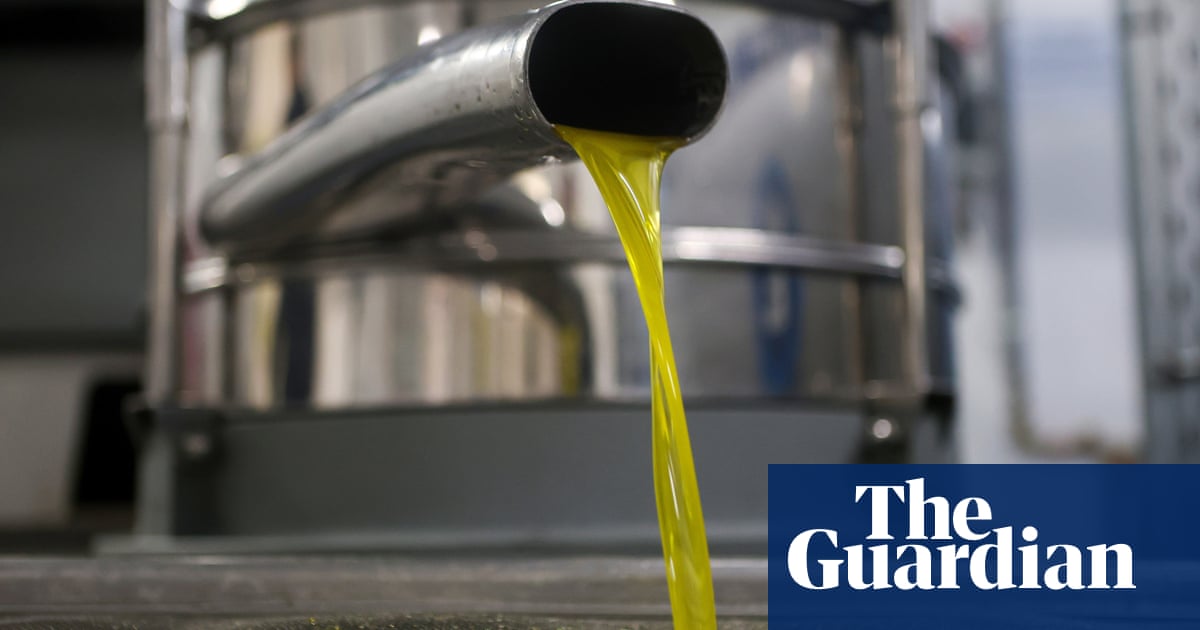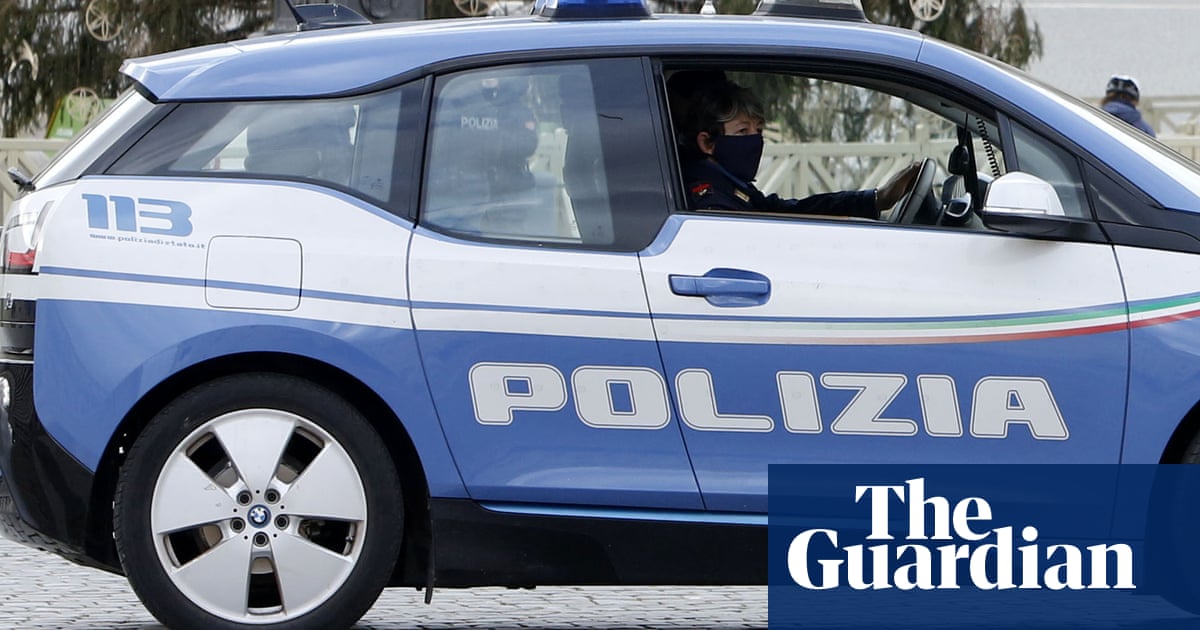
Police in Spain and Italy have arrested 11 people and seized more than 5,000 litres of adulterated olive oil after breaking up an international gang that allegedly sought to profit by passing off cheap oils as their more expensive equivalents.
The investigation, carried out by the Guardia Civil in conjunction with Italy’s carabinieri and Europol, led to raids in both countries and the searching of olive-processing cooperatives in the Spanish provinces of Ciudad Real, Jaén and Córdoba.
Suspicions were first raised when Guardia Civil officers discovered “a series of anomalies” while inspecting a lorry that was transporting olive oil in Ciudad Real region. They soon uncovered a two-pronged operation in Spain and Italy that was designed to distribute adulterated olive oil on the global market.
“In Spain, they used a company that was linked to the acquisition of lower-category oils to make changes to cloudy and poor quality oils to turn them into virgin and extra virgin and then sell them by falsifying documents,” the force said in a statement.
“They mixed cloudy oils – a sub-product of the olive oil producing process – with better quality olive oil so as to obtain the correct levels of fats and [other substances] to allow them to be sold. They also impeded traceability by not registering their companies’ oils.”
The carabinieri discovered a similar alleged falsification operation involving two important oil-processing companies in Italy.
“Eight simultaneous searches were carried out in Spain and Italy and 11 people were arrested,” the statement said. “As a result of the searches, more than 5,200 litres of market-ready, adulterated olive has been seized, along with €91,000 [£78,000] in cash and four high-end vehicles. A number of bank accounts have also been blocked.”
In a statement, Europol said the counterfeiting of olive oil was a common practice.
“A mix of various factors, such as the general inflation of prices, reduced olive oil production and increasing demand, have created the perfect breeding ground for fraudulent producers,” it said.
“Mixing consumer-grade olive oil with lower grade alternatives allowed the criminals to offer competitive prices while entering legal supply chains. This illegal practice can not only cause a public health risk, but also undermine consumer trust and thus have further economic repercussions.”
Olive oil prices have risen across Europe as drought and other adverse weather conditions affect harvests for a second successive year.
Global production is expected to fall to 2.4m tonnes, according to the International Olive Council, less than last year’s harvest and well short of global demand of about 3m tonnes.
Spanish production has been hit by drought and heatwaves of more than 40C, while the crisis has been exacerbated by extreme weather in other olive-producing countries such as Greece, Italy, Portugal, Turkey and Morocco.
Spain, which produces half the world’s olive oil, is expected to produce 765,000 tonnes this year – more than the 664,00 produced in last year’s poor harvest but well short of the 1.3m tonnes or so that could be counted on in past years.
Extra virgin olive oil is not the only Spanish culinary staple to fall victim to criminal gangs in recent years. In May 2021, Spanish police and customs officers arrested 17 people and seized half a tonne of saffron after breaking up a gang that allegedly imported the spice from Iran, bulked it out and sold it as the protected and much-prized Spanish variety from La Mancha. Proper Spanish saffron, used to give paella its distinctive yellow hue, costs around €9 a gram.










